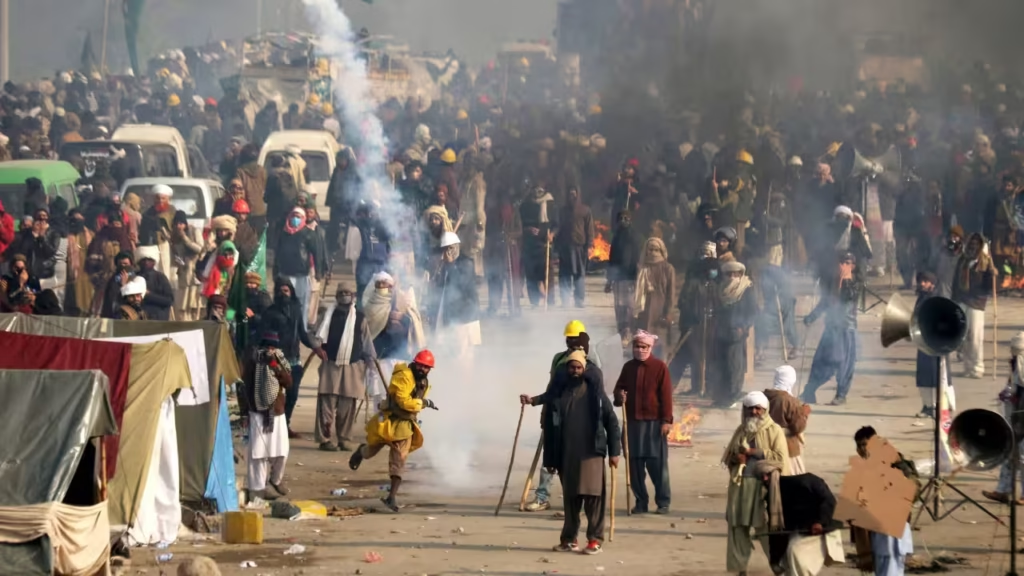QUETTA: The recent blast at a political rally addressed by Balochistan National Party-Mengal (BNP-M) chief Akhtar Mengal has left the province in shock and fear.
In this regard, the powerful explosion caused chaos and panic among participants, resulting in casualties and injuries. However, senior political leaders, including Akhtar Mengal and Pashtunkhwa Milli Awami Party (PkMAP) chairman Mahmood Khan Achakzai, remained unharmed.
Furthermore, both Mengal and Achakzai announced a shutter-down strike to protest against the attack and highlight the worsening security crisis.
The call for strike brought major cities of Balochistan to a standstill. Markets remained closed, transport services were suspended, and roads wore a deserted look as residents confined themselves indoors.
Moreover, the strike was aimed at drawing attention to the deteriorating law-and-order situation, many citizens expressed frustration over the disruption of daily life. In addition, the shopkeepers, laborers, transporters, and small business owners — already struggling with economic hardship were among the most affected.
“The people are already victims of terrorism; now we are also made to suffer through political strikes,” remarked a resident of Quetta. “Instead of uniting to find solutions, our leaders seem more focused on political point scoring.”
Also Read: Condemnation over Akhtar Mengal’s remarks sparks debate
The incident has once again raised broader questions: Is shutting down cities a constructive way to resist terrorism, or does it deepen the atmosphere of fear and uncertainty?





